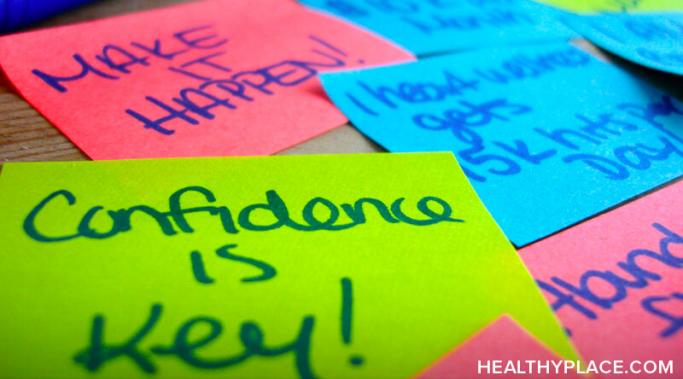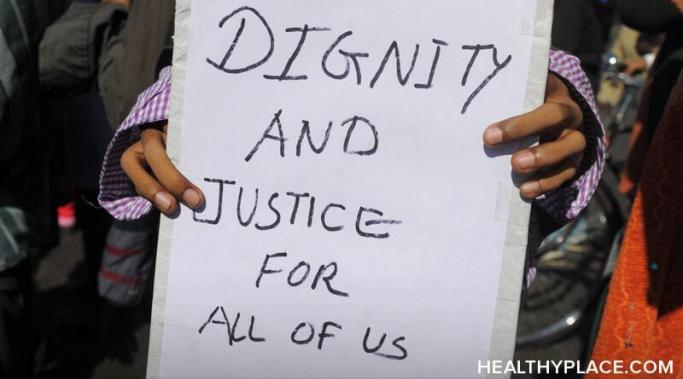As I reflect on the journey to build self-esteem that we have taken together over the past year, I am filled with gratitude and a deep sense of purpose. Writing these essays has not only allowed me to share insights and strategies to help you build self-esteem but has also given me the opportunity to connect with you, my audience. The stories, struggles, and triumphs of those with lived experience have inspired me more than words can express, and I hope that, in some small way, my words have been a source of encouragement and strength for you.
Communicating with Confidence
I think focusing on expression can improve self-esteem. This year, I am attending the Burning Man festival for the first time, and I can already feel the impact it's having on my self-esteem. Self-esteem is something I have struggled with in my life, often feeling like I am not fully myself, not truly seen, and unable to express who I am deep inside. But the decision to participate in Burning Man is changing that narrative. The festival, known for its radical self-expression and communal ethos, is offering me a unique opportunity to explore and express my authentic self in ways that I never thought possible.
As we celebrate Independence Day, I find myself reflecting on the concept of freedom, particularly the freedom to cultivate self-esteem. Self-esteem, a crucial aspect of our mental wellbeing, is often overlooked, especially by those of us who have lived experience with mental health issues. Yet, Independence Day serves as a powerful reminder that we have the freedom to make choices that can positively impact our self-esteem and our overall mental health.
Setting boundaries is not commonly recognized to boost self-esteem, but I have found that it does. Self-esteem is integral to helping us traverse life. Navigating life with mental health challenges can be like treading water in a stormy sea. I have faced my share of turbulent waters, struggling to maintain my self-esteem amidst the chaos of emotions and thoughts. One practice that has proudly transformed my journey is setting personal boundaries. It's not just a skill; it's an act of self-love and empowerment. Setting boundaries can enhance self-esteem.
For those navigating mental health conditions, the journey toward self-love is not only crucial but can serve as a powerful catalyst for improved mental wellbeing. This Valentine's Day, let's shift the focus inward and explore the transformative practice of self-love, highlighting the empowering act of taking yourself on a date.
As I approached the New Year, I found myself drawn to the age-old tradition of setting resolutions for mental health empowerment. For someone navigating the intricate path of mental health diagnoses, the idea of New Year's resolutions takes on a special significance. These resolutions, far beyond the usual promises of hitting the gym or saving money, can become allies in my quest for self-esteem and purpose amid the complexities of mental health recovery. Learn how to create empowered mental health through New Year's resolutions.
Mental health stigma can affect one's self-esteem. Mental health conditions are a common yet often misunderstood aspect of human life. Despite their prevalence, the stigma attached to these conditions remains a formidable obstacle for those who bear such diagnoses. Negative stereotypes, discrimination, and social isolation experienced by individuals with mental health diagnoses can severely affect their self-esteem. In this post, we will explore the practice of defying the stigma surrounding mental health, emphasizing its role in nurturing self-esteem in those who carry such labels.
Positive self-talk is important. The choices that we make and the experiences we have shape our ongoing growth process. This includes how we talk to ourselves. Those around us only see a small portion of who we are. However, each one of us knows ourselves best. This is because we live with ourselves every moment of our lives. The internal conversation that we have with ourselves shapes who we are and how we navigate this world. In today's post, I want to share some ideas regarding the importance of positive self-talk.
Poor self-esteem can make it difficult to ask for help. You may feel that you are not worthy of other people's time and assistance. Maybe it's because you are not in the habit of prioritizing yourself and keep pushing your needs aside. Whatever the reason behind the difficulty, everyone needs help sometimes, and practicing how to ask for help is a good exercise to build self-esteem.
As someone who wants to build self-esteem and has strong professional skills, I often found myself in a leadership role, managing others in the workplace. In addition, as many of us do, there have been times I've needed to hire help around the house, putting me in a management position at home. As recently as last week, I've had to examine my management style to be sure my decisions were based on facts and not just a way to get around low self-esteem.









